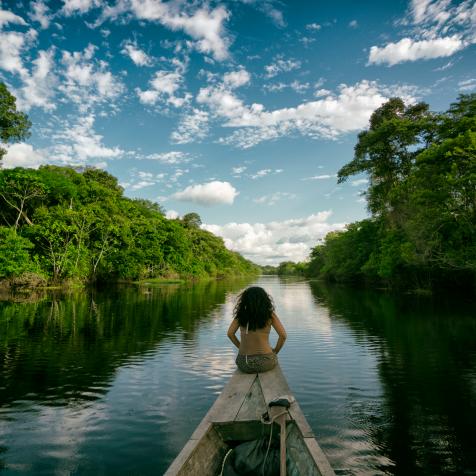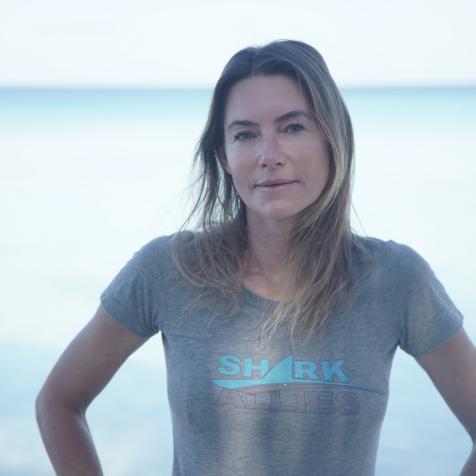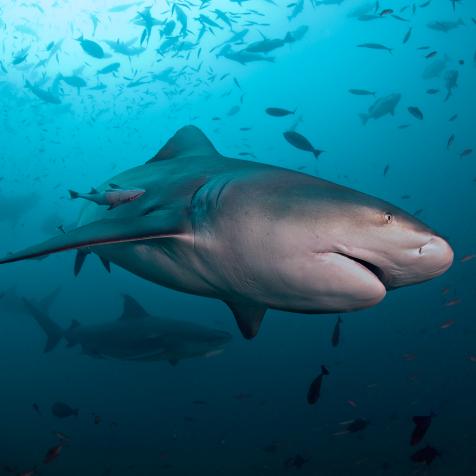
steinliland
Curiosity Daily Podcast: Food for Climate Change, New Water Planet, Stormchasers
We delve into which foods that research shows will become more popular as we adjust to climate change, the discovery of a new planet covered in water, and the effects of Arctic storms on ice levels.
October 13, 2022
Food for Climate Change
- “These six foods may become more popular as the planet warms” by Anna Gibbs
- “What Is Cassava? Health Benefits and How to Prepare It” by Healthline
New Water Planet
- “An extrasolar world covered in water?” By University of Montreal
- “Newly discovered exoplanet may be a ‘Super Earth’ covered in water” by Laura Baisas
Stormchasers
- “Arctic storm chasers brave giant cyclones to understand how they chew up sea ice” by Eric Hand
- “Climate scientists chase Arctic storms” by Victoria Gill
Follow Curiosity Daily on your favorite podcast app to get smarter with Calli and Nate — for free! Still curious? Get exclusive science shows, nature documentaries, and more real-life entertainment on discovery+! Go to https://discoveryplus.com/curiosity to start your 7-day free trial. discovery+ is currently only available for US subscribers.
Next Up
Curiosity Daily: Super X-Ray, Seeing Future Weather, Vitamin D-ementia
Discover a new x-ray giving us incredible sight into ourselves, the future of weather prediction, and a surprising potential link between dementia and vitamin D.
Curiosity Daily: Octopus Culture, Schizophrenia Origins, Killing Cancer
Learn about octopi forming communities, clues to the origins of schizophrenia, and a new compound giving researchers hope for fighting tough to treat cancers.
Curiosity Daily: Neanderthal Roommates, Sea Dragons, Hidden Egyptian
Hear about a new archeological site that suggests humans arrived in Europe 10,000 years earlier than previously thought, what a giant fossil could teach us about the fearsome sea dragon, and a massive archeological find in Egypt!
The Amazon’s Future, Sugar Rush Retcon, A Study on Studies
Today, you’ll learn about the state of the Amazon rainforest, the truth behind the mythical sugar rush, and how studies involving MRI scans may have been too small to produce significant results, but researchers may have found a solution.
Shark Week: The Podcast – Dr. Riley Elliott on his Passion for Remarkable Mako Sharks in New Zealand
Luke Tipple speaks to Riley Elliott aka “The Shark Man”, scientist & star of Discovery’s Shark Week Special Clash of Killers: Great Whites vs. Makos.
Curiosity Daily Podcast: Sex! And COVID, The Biggest Comet Ever, Wave of the Future
Today, you’ll learn about the surprising sexual implications of the COVID pandemic, if the biggest comet ever discovered is going to end the world and how the natural power built into the ocean could, one day, power a bunch of stuff on land.
Shark Week: The Podcast – Kinga Philipps on Massive Tiger Sharks in French Polynesia
Luke Tipple is joined by shark conservationist and star of Discovery’s Shark Week Special Sharks in Paradise, Kinga Philipps, to discuss massive tiger sharks in French Polynesia.
Shark Week: The Podcast - What is the Status of Sharks in our Oceans?
In this season’s final episode, Luke welcomes Emmy-winning filmmaker and conservationist Shawn Heinrichs to discuss the state of sharks in the ocean. They go over how both legal and illegal fishing operations are decimating the ocean’s wildlife, what it’s like to have a hit put out on you for exposing criminal enterprises to the world, and whether or not NOAA’s data on “sustainable” fishing can really be trusted.
Shark Week: The Podcast - Superstar Kesha Lifts the Gag Order on Saving Sharks
Pop superstar Kesha joins Shark Week’s Luke Tipple on the podcast to discuss her love of sharks, how her music funds her addiction to diving, and how you can find inner peace while under the water. And at the end, our researcher Sierra drops in to tell us that some sharks have teeth in their eyes.
Shark Week: The Podcast - Do Scientists Need to Kill Sharks?
Host Luke Tipple welcomes two guests to discuss how researchers can kill sharks in the name of science – and whether they need to at all. The first is Dr. Neil Hammerschlag, shark researcher and founder of Atlantic Shark Expeditions, and an expert on data-gathering in the field. He’s followed by explorer Fred Buyle, a world-record-breaking freediver whose innovative methods of shark tagging are explored. Plus, our researcher Sierra tells us about how a 50-year study changed our understanding of tiger sharks – and much of the work wasn’t even done by scientists.











































































